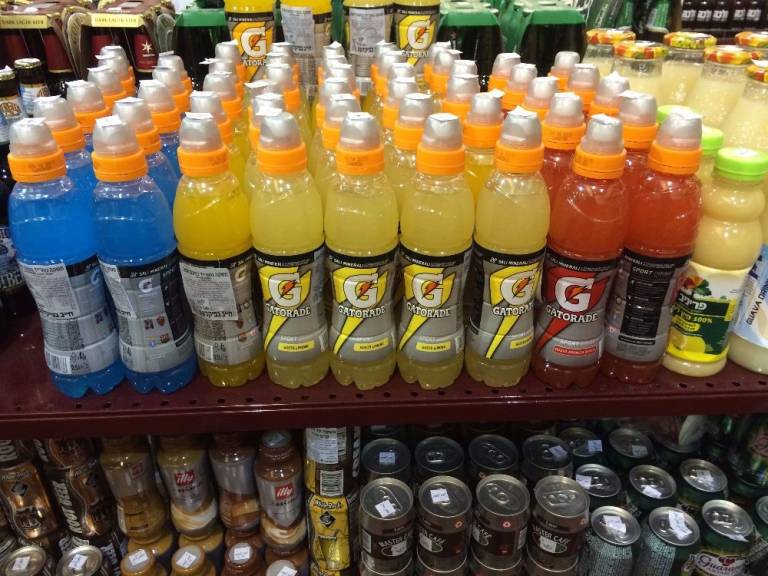Individual choices, not family influence teenagers' non-alcoholic drink preference
4 December 2017
Adolescents' non-alcoholic drinks preferences are strongly influenced by their own individual circumstances and lifestyle choices, but not by their families and home environment, according to a new UCL study.

The study, published in Scientific Reports and funded by the Medical Research Council, is the first paper to establish the relative importance of genetic and environmental influences on liking for a range of common non-alcoholic beverages, in a large population-based sample of older adolescent twins.
Researchers analysed data from nearly 3,000 individuals from the Twins Early Development Study, a cohort of 18-19-year-old British twins born between 1994 and 1996. Beverage preferences were measured using a self-report questionnaire of seven non-alcoholic beverages: soft drinks, 'diet' soft drinks (artificially sweetened); fruit squash, orange juice, milk, coffee, and tea. Overall the findings identified that genetic influences on beverage preferences varied slightly by drink type; ranging from 18% for orange juice, 36% for soft drinks, 41% for tea, to 42% for fruit squash. The individual's unique environment dominated as the strongest influence in shaping liking for these beverages.
"We found that variation in beverage preferences in adolescence are influenced by genetic and unique environmental influences. Parents might feel frustrated if their teenage children consume loads of sugary and 'unhealthy' drinks but this study found that instead of blaming poor parenting, drink preferences are probably more the product of the availability, marketing and social influences in the individual's environment. Children's early shared family experiences do not appear to have a lasting effect on drink choices," explained PhD student and lead author of the study, Andrea Smith (UCL Research Department of Behavioural Science and Health).
Dr Clare Llewellyn, (Lecturer in Behavioural Obesity, UCL Research Department of Behavioural Science and Health), senior researcher on the paper says "Adolescence is a period of transition towards independence and autonomy, with greater time spent interacting with peers outside the home, and conforming to perceived societal and peer pressures. In this respect, social media and the commercial food and beverage environment may start to replace family rules and habits learned at home, exerting a stronger influence on food and beverage preferences"
Twin studies are useful to understand the importance of nature and nurture in behaviour. By comparing identical twins (who share 100% of their genes), and non-identical twins (who share 50 %), researchers can establish the relative power of genetic influences versus other factors.
Previous twin studies show that aspects of the environment play an important role in shaping food preferences but the relative influences of genes and the environment on adolescents' beverage preferences had previously been unknown. The study also showed beverage preferences were influenced more by environmental factors than food preferences, measured in this sample at the same age.
The researchers also highlighted that the food and drink industry use sophisticated strategies which capitalise on the transition period in a child's life to influence adolescents' attitudes and consumption intentions of their products.
"To help teenagers reduce their sugar consumption by drinking less of these drinks it would be beneficial if the commercial strategies that target young adults are submitted to the same level of regulation as marketing strategies that target younger children," added Smith.
Links
Full report in Scientific Reports
 Close
Close

